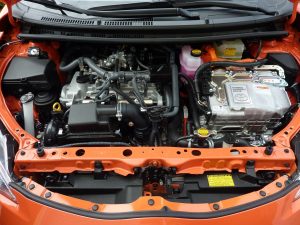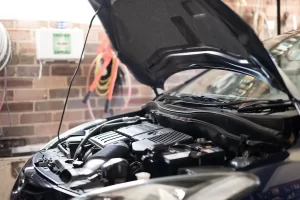to suggest
In today’s world, owning a car is almost a necessity for many people. However, buying a used car can sometimes be a daunting task, especially when it comes to financing. Fortunately, there are several financing options available for buying a used car, each with their own pros and cons.
Traditional car loan
A traditional car loan is one of the most common financing options for buying a used car. These loans are typically obtained from banks, credit unions, or online lenders. While they offer competitive interest rates and flexible terms, they typically require a good credit score and a down payment.
dealer financing
Dealer financing, also called in-house financing, is provided directly by the car dealer. While arranging financing through a dealer is convenient, the terms should be carefully assessed as interest rates may be higher compared to other lenders.
credit union loan
Credit unions are not-for-profit financial institutions that often offer lower interest rates and more flexible terms than traditional banks. Many credit unions also offer special financing programs specifically for used car purchases.
personal loan
Another option for financing a used car is to obtain a personal loan from a bank, credit union or online lender. Personal loans can offer competitive interest rates and may not require a car as collateral. However, the impact on your credit score and repayment terms must be taken into account.
Peer-to-peer lending
Peer-to-peer lending platforms connect borrowers directly with individual investors. These platforms can offer competitive interest rates and flexible terms, making them a viable option for used car financing. However, borrowers should be aware of the potential risks and costs associated with peer-to-peer lending.
rent
Although leasing is more common for new cars, it is also possible to lease used cars. Leasing offers lower monthly costs and the ability to introduce newer models without a long-term commitment. However, mileage limitations and additional costs associated with the lease may apply.
Rent according to your own arrangement
Lease-to-own programs allow individuals to lease a car with the option to purchase it at the end of the lease term. While these programs can be beneficial for people with poor credit or limited financial resources, they often come with higher interest rates and fees.
Buy here, pay here dealer
Buy here, pay here dealers offer financing directly to customers, often without a credit check. While this may be attractive to those with poor credit or limited credit history, it is crucial to read the terms carefully as interest rates can be much higher.
bad credit financing
Individuals with bad credit still have the option of financing a used car. Subprime lenders work exclusively with borrowers with bad credit, although interest rates may increase as a result. It’s crucial to shop around and compare offers from multiple lenders to find the best terms.
government programs
Some government assistance programs provide financial assistance to individuals purchasing used cars. These programs may provide low-interest loans, grants or subsidies to eligible individuals. However, the eligibility criteria varies, so it’s worth researching the options available in your area.
Compare financing options
When exploring used car financing options, factors such as interest rates, loan terms, down payment requirements and total costs should be considered. By shopping around and comparing quotes from multiple lenders, you can ensure you get the best deal possible.
Negotiation skills
Negotiating car loan terms can save you money in the long run. Be prepared to negotiate the interest rate, the term of the loan and any additional costs. It’s also important to know your credit score and set a budget before entering into negotiations.
finally
Exploring used car financing options is an important step in the car purchasing process. Through traditional auto loans, dealer financing, credit union loans, personal…




